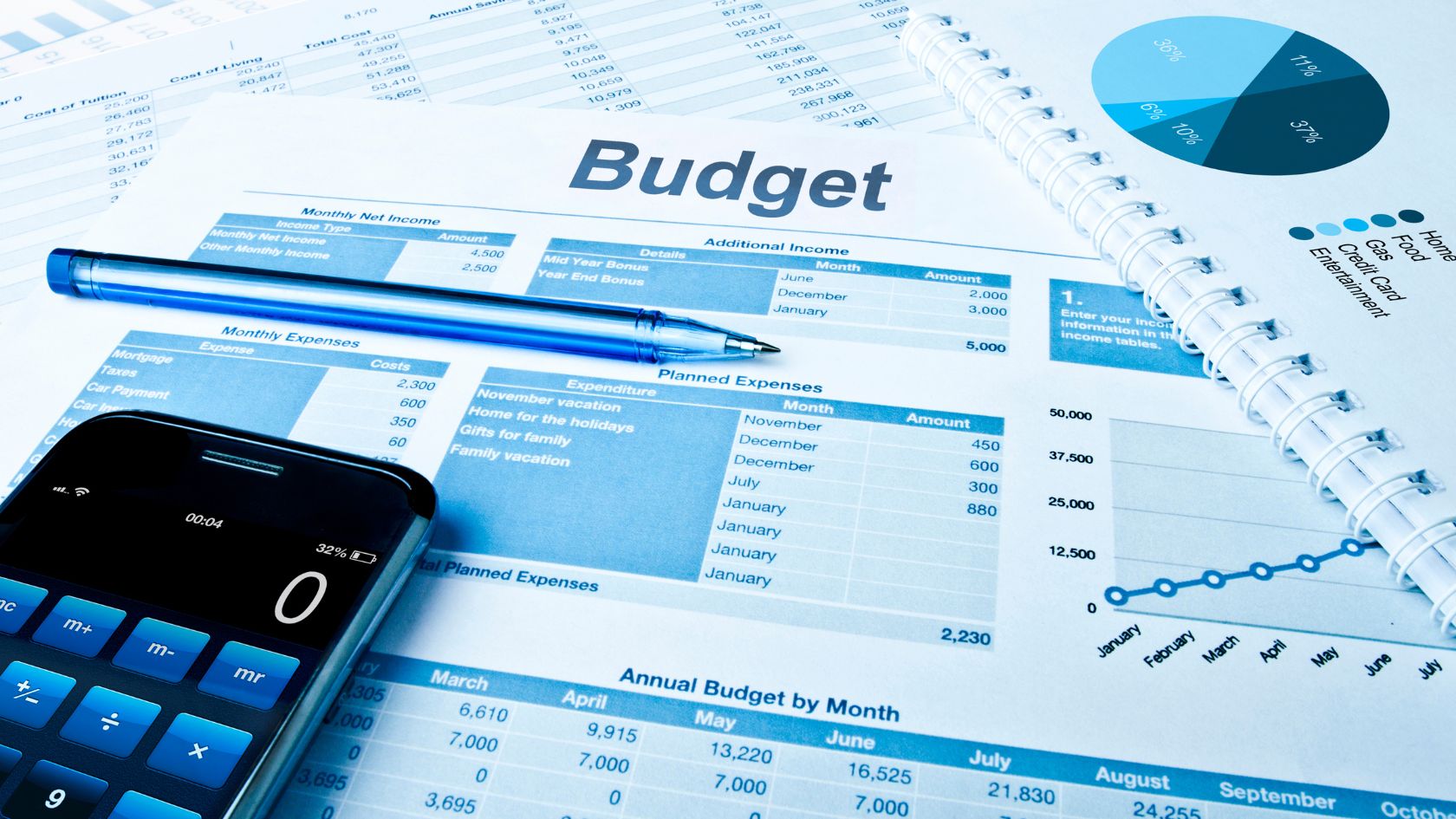
In the dynamic world of business, financial control and profit maximization stand as the twin pillars of success. To achieve these objectives, businesses need a roadmap—a tool that not only guides financial decisions but also empowers organizations to manage expenses effectively and pave the way for profit growth. This indispensable tool is effective business budgeting.
- Understanding the Significance of Effective Business Budgeting
- Proven Strategies for Effective Business Budgeting
- The Path to Financial Control and Prosperity
- FAQ’s
- What is effective business budgeting, and why is it essential for organizations?
- How often should an organization revisit and update its budget?
- Can effective budgeting benefit small businesses as much as larger corporations?
- How can a business handle unexpected expenses within the budgeting framework?
- Is it necessary to involve employees in the budgeting process?
Understanding the Significance of Effective Business Budgeting
Before we dive into the intricate strategies of budgeting, let’s elucidate why effective business budgeting is a linchpin for any organization:

- Financial Control: Effective business budgeting is like a steering wheel for your financial journey. It allows you to set precise financial goals, strategically allocate resources, and monitor your progress toward these goals. With a well-structured budget, you maintain a firm grip on your financial destiny.
- Expense Management: Budgeting instills discipline in your financial management. It compels you to scrutinize every dollar spent and question whether each expenditure aligns with your strategic objectives. By doing so, you can identify areas where cost-cutting is possible without compromising quality or efficiency.
- Profit Maximization: Beyond expense control, budgeting involves optimizing revenue sources. By aligning your budget with your revenue-generation strategies, you can uncover opportunities to boost profits, capitalize on market trends, and seize growth opportunities.
- Resource Allocation: Budgeting isn’t merely about tracking expenses; it’s about efficiently allocating your resources. You can assign funds to projects, departments, or investments based on priority and necessity, ensuring that your resources are directed where they can deliver the most significant impact.
Proven Strategies for Effective Business Budgeting
Goal Setting and Strategic Objectives
Begin by setting clear and measurable financial goals. What are you striving to achieve in the short term and long term? Your budget should be a reflection of these goals, whether it involves increasing revenue, reducing costs, or expanding your operations.
Thorough Expense Tracking
To create an accurate budget, scrutinize your past expenses meticulously. This historical data forms the foundation of your budget. Categorize expenses into fixed (consistent) and variable (fluctuating) costs. Fixed costs may include items like rent, while variable costs may encompass supplies or marketing expenses.
Revenue Projections and Income Streams
Forecast your revenue sources based on historical data, market trends, and sales projections. To maintain a conservative and realistic budget, be cautious in estimating your income streams.
Budget Categories and Resource Allocation
Organize your budget into categories, including operating expenses, capital expenditures, and contingency funds. Allocate funds to each category based on priority and necessity. Be prepared to adapt these allocations as circumstances change.
Regular Review and Flexibility
A budget is not static; it’s a dynamic tool that requires regular review and adaptation. As your business evolves, your budget may need adjustments to reflect changing priorities, market conditions, or financial goals.
Contingency Planning
Include contingency funds in your budget to cover unforeseen expenses or emergencies. This financial safety net can prevent unexpected setbacks from derailing your financial plans.
Employee Involvement and Buy-In
Engage your employees in the budgeting process. Their insights and knowledge of day-to-day operations can provide valuable input and increase buy-in for budgetary goals. By involving your team, you create a sense of shared responsibility for financial success.
Leverage Budgeting Software and Tools
Modern businesses can benefit from the use of budgeting software and tools. These technologies streamline the budget creation and tracking process, offering reporting and analysis features that enhance budget management.
Seek Financial Expertise
Consider enlisting the guidance of financial experts or consultants who specialize in budgeting. Their experience and industry insights can provide valuable guidance, ensuring your budget aligns with best practices and industry standards.
The Path to Financial Control and Prosperity

Effective business budgeting is not a financial chore; it’s a strategic asset that empowers businesses to control expenses, maximize profits, and navigate the intricate world of finance with confidence. By setting clear goals, tracking expenses, projecting revenues, and regularly reviewing your budget, you can ensure financial stability and prosperity.
In the ever-evolving landscape of business, those who harness the power of effective budgeting are the ones who steer their organizations toward financial control and prosperity. Commence your journey toward effective business budgeting today, and let it be your guiding light on the path to financial success and sustained profitability.
FAQ’s
What is effective business budgeting, and why is it essential for organizations?
Effective business budgeting is the process of creating a detailed financial plan that outlines income, expenses, and financial goals for an organization. It is essential because it provides financial control, helps manage expenses, maximizes profits, and guides strategic decision-making.
How often should an organization revisit and update its budget?
Organizations should revisit and update their budgets regularly. While the frequency may vary, it’s common to review budgets monthly, quarterly, or annually. Regular updates ensure that the budget remains aligned with changing circumstances and financial goals.
Can effective budgeting benefit small businesses as much as larger corporations?
Yes, effective budgeting is beneficial for businesses of all sizes, including small businesses. Small businesses can gain significant advantages from budgeting, such as cost control, profit maximization, and resource allocation optimization, which are essential for growth and sustainability.
How can a business handle unexpected expenses within the budgeting framework?
Businesses can handle unexpected expenses by including contingency funds in their budgets. These contingency funds act as a financial safety net and provide the flexibility to address unexpected costs without disrupting the overall financial plan.
Is it necessary to involve employees in the budgeting process?
Involving employees in the budgeting process can be beneficial. Their insights into daily operations and expenses can provide valuable input and foster a sense of ownership and responsibility for budgetary goals. Employee involvement can enhance budget accuracy and buy-in from the team.
